Born with nothing and losing all his capital after a failed start-up in Ho Chi Minh City, the young man from Quang Nam still did not give up. He is currently the owner of 5 garment factories with more than 200 workers in his hometown.
Born into a poor family, after finishing 9th grade, Nguyen Van Quyet (born in 1991, residing in Tam Dan commune, Phu Ninh district, Quang Nam) traveled to Ho Chi Minh City to make a living with many jobs such as busking, waiting tables and then became involved in tailoring.
After 4 years of hard work as a garment worker, Mr. Quyet has always nurtured the dream of having a garment factory with his own brand. His passion for the job and desire to get rich have given him the determination to "turn from worker to boss".
In early 2019, with the little capital he had saved, Mr. Quyet quit his job and started a business selling self-designed clothes. Not long after starting his business, the Covid-19 pandemic hit and the store had to close.
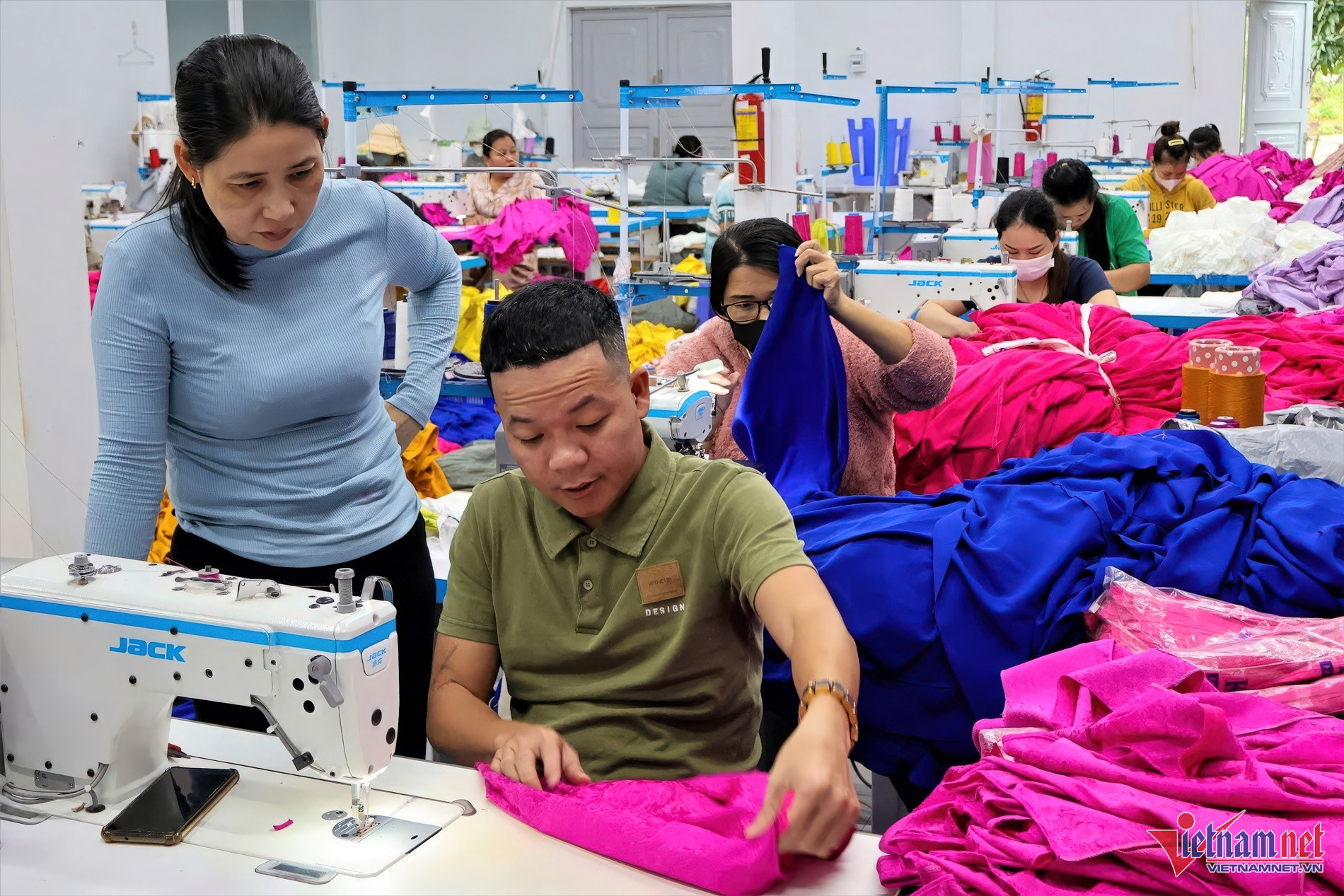
Undaunted, Mr. Quyet learned how to sell on e-commerce platforms and was well received by customers. However, the joy was short-lived, as the 9x guy had to face the problem of goods not being able to reach customers due to social distancing. Products were returned, and capital gradually ran out.
After many years of wandering in a foreign land, in 2022, he packed his bags and returned home, determined to start over. Determined to pursue pajamas and ao ba ba (a popular outfit in the Southern countryside), Mr. Quyet set out to build his first sewing workshop in Tam Dan commune (Phu Ninh district).
At this time, the factory only had 7 workers. The biggest difficulty was capital to buy raw materials for production.
“At that time, I went everywhere to persuade and finally got a fabric store owner to agree to import raw materials first and pay later at the end of the year. Luckily, with this support, I was even more determined to build a fashion brand in my hometown,” Quyet confided.
Create jobs for more than 200 workers
According to Mr. Quyet, the fashion criteria is cut - sew - retail. Every day, the design department will come up with new designs, the tailors will cut, sew, create the products and will not import goods from outside.
Because the products are sold online on fanpages and livestreams, Mr. Quyet pays great attention to customer care. Customers can return the product if it is not the right model, and if the product has been used 2-3 times and the seams come loose, they will be supported with 20,000-30,000 VND for repair. Thanks to this reputation, the clothes of this Quang Nam guy are increasingly trusted and favored by customers.
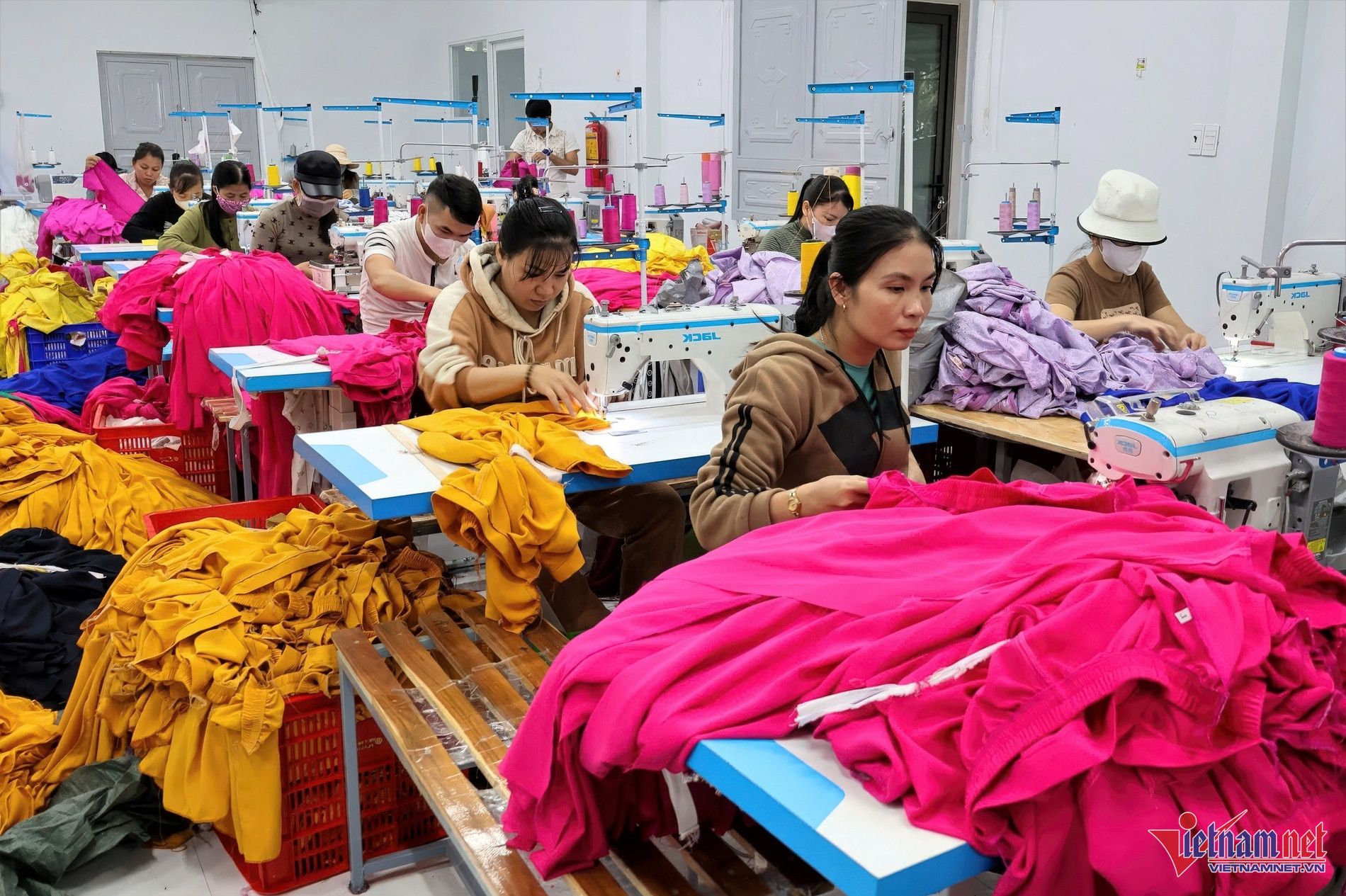
Mr. Quyet added that when the business expanded nationwide, he faced counterfeiting of brands, stamps, labels, designs, etc., causing the business many hardships.
To protect the brand, he set up a hotline number, all orders before being delivered to customers, staff will reconfirm. All return orders are saved, contacted, and carefully checked.
When business was favorable, Mr. Quyet gradually expanded his business. Up to now, he owns 5 garment factories in his hometown, creating jobs for more than 200 people. Most of them are "mothers with babies", women in the countryside, with a stable salary of 7-9 million VND/month.
He also arranged a small play area for children so that at the end of the day or on weekends, mothers can bring their children to play, watch them, and do their work at the same time.
As a single mother raising a young child and working at the garment factory for over a year, Ms. Nguyen Thi Bich Sai (born in 1987, residing in Tam Lanh commune, Phu Ninh district) shared: “Here, at around 4pm, Mr. Quyet creates opportunities for mothers like me to pick up their children. On Saturdays and Sundays, we can also bring our children here to take care of and work to increase our income. The job is not too stressful, the environment is comfortable, the salary is stable, so I feel very secure in working there.”
Talking about his future plans, Mr. Quyet shared that if business goes well, he will consider opening a sixth garment factory to create more jobs for local people.
“I always consider and evaluate market demand to ensure that all workers here have stable jobs and are not unemployed,” said Mr. Quyet.
Source: https://vietnamnet.vn/tu-tay-trang-9x-xu-quang-thanh-ong-chu-voi-200-cong-nhan-2369039.html






























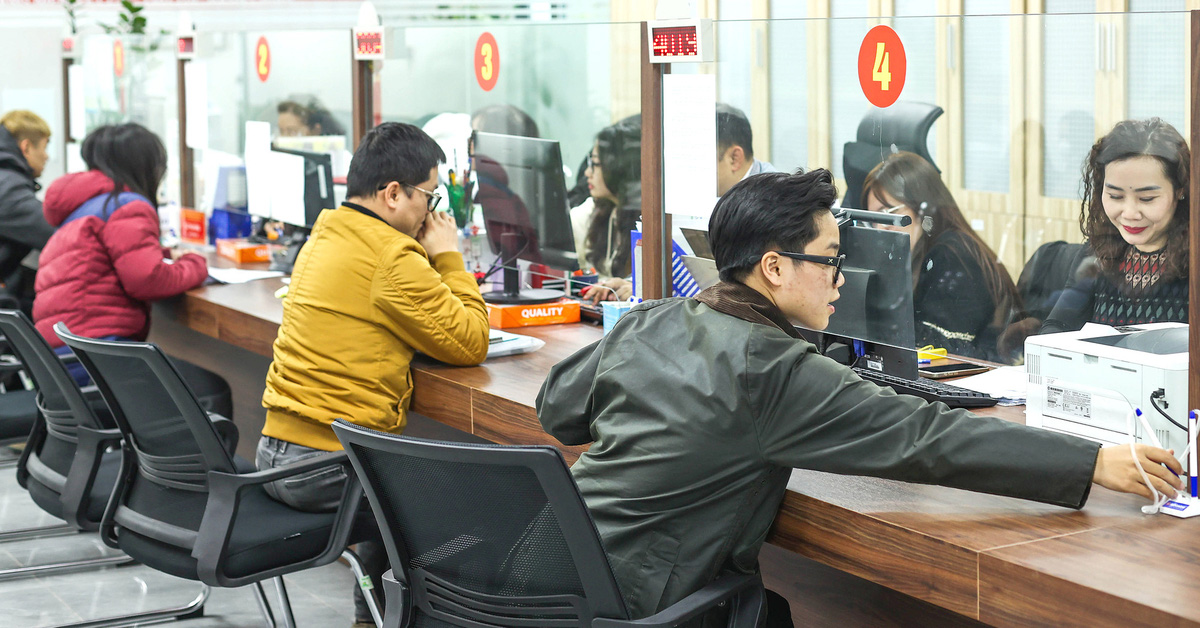

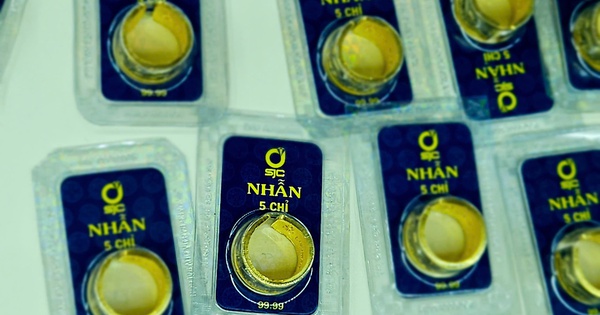






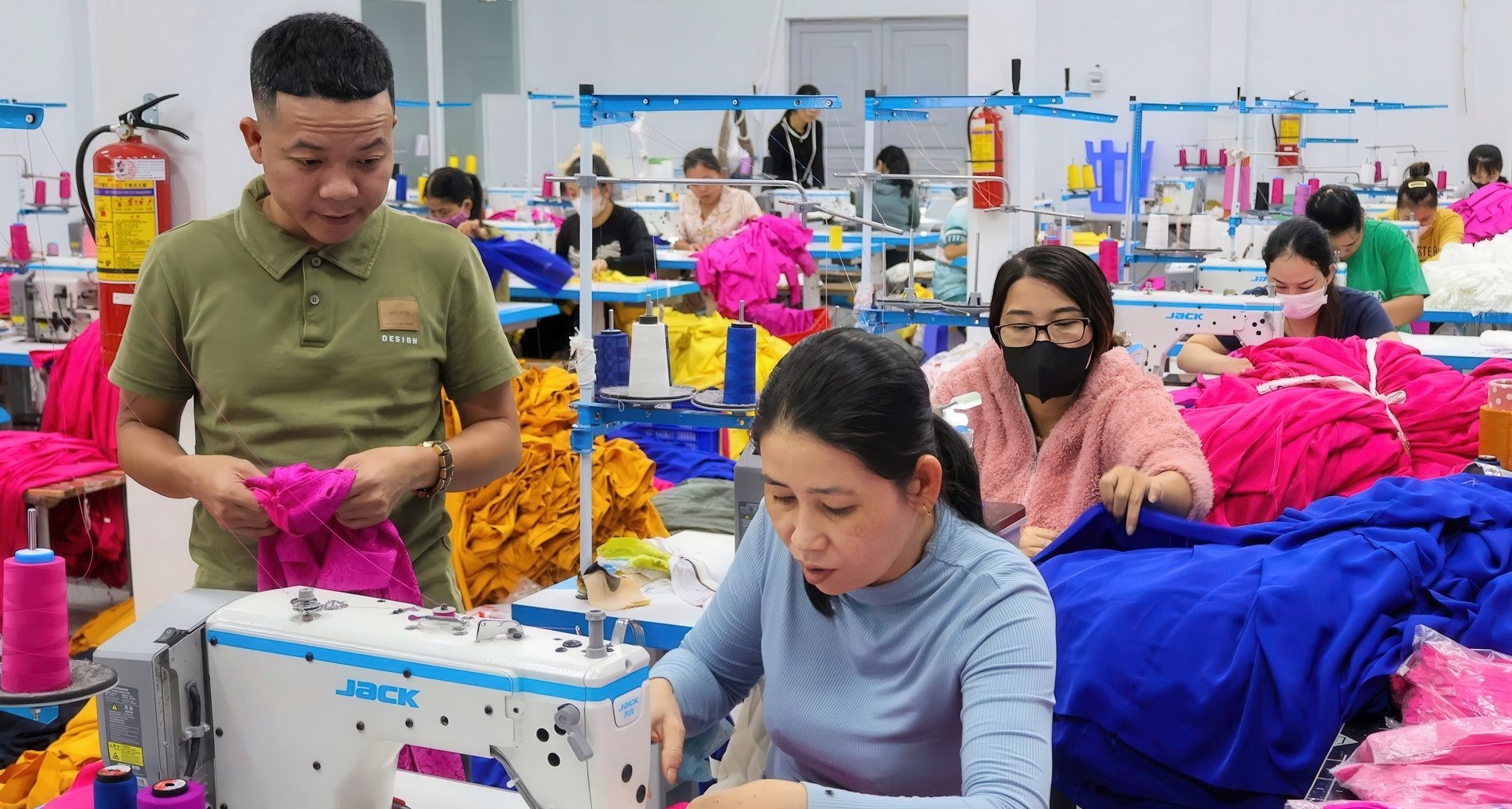



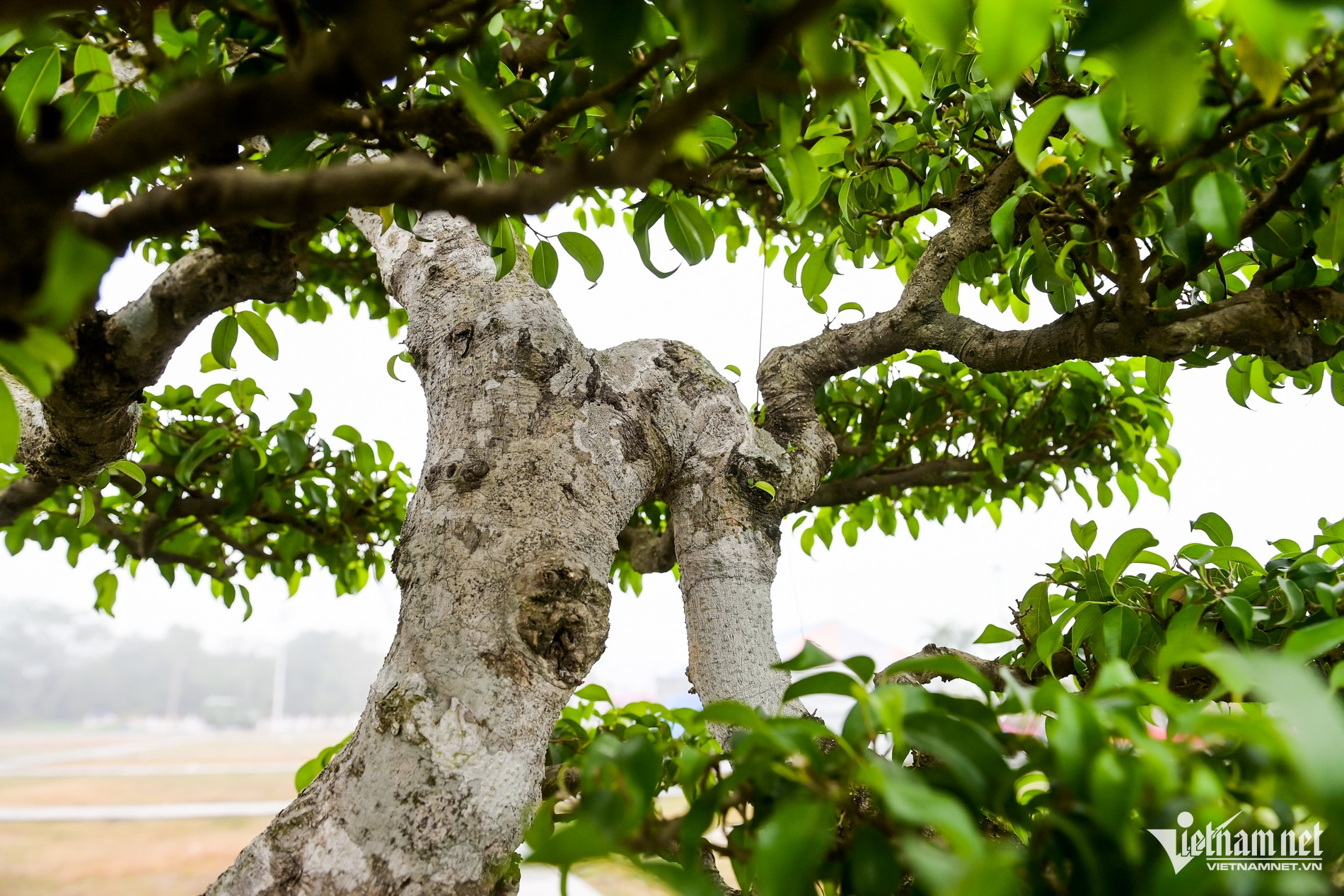















Comment (0)